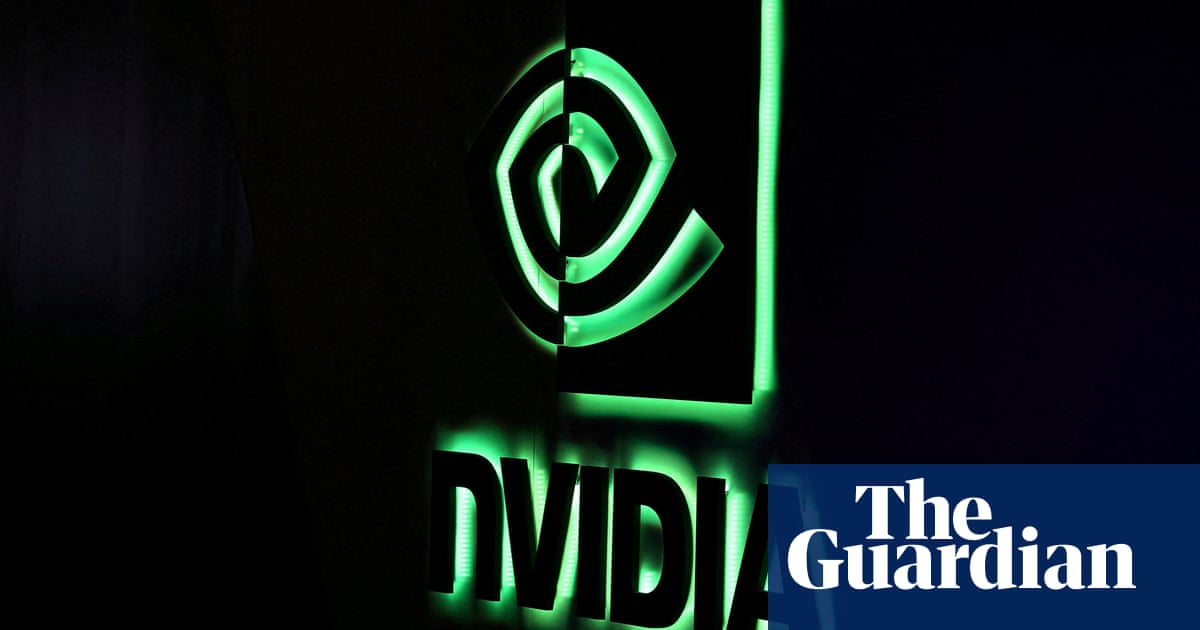Nvidia Surpasses Wall Street Projections in Post-DeepSeek AI Earnings Report

Nvidia’s Remarkable Fourth Quarter Performance
Nvidia has reported impressive financial results for the fourth quarter of 2024, exceeding investor expectations with a 78% increase in revenue compared to the previous year. In its earnings announcement, the company stated it generated $39.3 billion in revenue, which outperformed analysts’ forecasts of $38.25 billion. Additionally, Nvidia reported earnings of $0.89 per share, surpassing the anticipated $0.84.
Demand for Semiconductors Remains Strong
Investor attention during Nvidia’s earnings call was largely focused on the potential decline in demand for semiconductors, a sign that could indicate the end of the AI-driven market boom that has significantly increased Nvidia’s value to about $3.1 trillion. Fortunately, there were no indications of decreased demand in the company’s financial report.
This earnings call marked the first opportunity to assess Nvidia’s production and sales performance since China’s DeepSeek AI unveiled a new AI model that surpassed many U.S. models while requiring much fewer resources for training and investment. Initially, this development caused Nvidia’s valuation to drop by hundreds of billions, as it suggested that not all cutting-edge AI models would depend on the company’s premium graphics processing units (GPUs).
Strong Demand for Blackwell GPUs
During the call, Nvidia CEO Jensen Huang expressed that demand for their top-tier GPU, Blackwell, remains remarkably high. He noted, “Demand for Blackwell is amazing as reasoning AI adds another scaling law.” This statement highlights how increased computing power leads to smarter AI models, aligning with the growing demand for advanced AI capabilities. Nvidia has ramped up its production of Blackwell AI supercomputers, achieving impressive sales in the first quarter, showcasing AI’s rapid advancement across various sectors.
Despite some analysts fearing challenges to Nvidia’s market dominance, the company continues to thrive. Recent findings from analysts at TD Cowen raised concerns regarding Microsoft, a significant Nvidia customer, allegedly canceling leases with private data center operators. This could impact the future investments in AI infrastructure, including Microsoft’s substantial $80 billion allocation, leading to fears of reduced spending on Nvidia products.
Revenue Figures Highlight Continued Growth
Nvidia, which holds over 90% of the GPU market, generated $35.6 billion in data-center revenue for the last quarter of FY 2025, exceeding Wall Street’s expectations of $34.09 billion. The company also projected $43 billion in revenue for the first quarter of fiscal year 2026, indicating a strong outlook moving forward.
Huang mentioned that DeepSeek has only increased interest in Blackwell, as the sophisticated models showcased by DeepSeek require significantly more computational power. He stated, “We designed Blackwell for this moment,” reinforcing confidence in the GPU’s capability to meet evolving AI demands.
Future Trends in AI Technology
Huang emphasized his belief that demand for AI infrastructure would continue to rise, noting that all indicators suggest growth "in the near-term, midterm, and long-term.” He remarked, “We’ve really only tapped consumer AI and search and some amount of consumer generative AI … the next wave is coming,” referring to exciting new advancements in enterprise AI and robotics.
After the earnings report, analysts commented that Nvidia’s ongoing success demonstrated that “market jitters over DeepSeek” have not come to fruition. Jacob Bourne, a technology analyst, stated that as competitors make progress, the need for advanced computing resources remains critical. Nvidia’s continuing sales success is a testament to its market dominance in the expanding AI landscape.
Investors’ Perspectives on Performance
Although Nvidia’s quarterly sales figures are impressive—larger than its total annual revenue from just two years prior—some investors had expected even higher growth projections. Jacob Falkencrone from Saxo Markets noted that while Nvidia delivered convincing numbers, they did not exceed the lofty expectations set by the market.
Additionally, the company mentioned uncertainty surrounding the potential impact of Donald Trump’s tariff proposals on its business operations, leaving some aspects of its future performance still in question.





